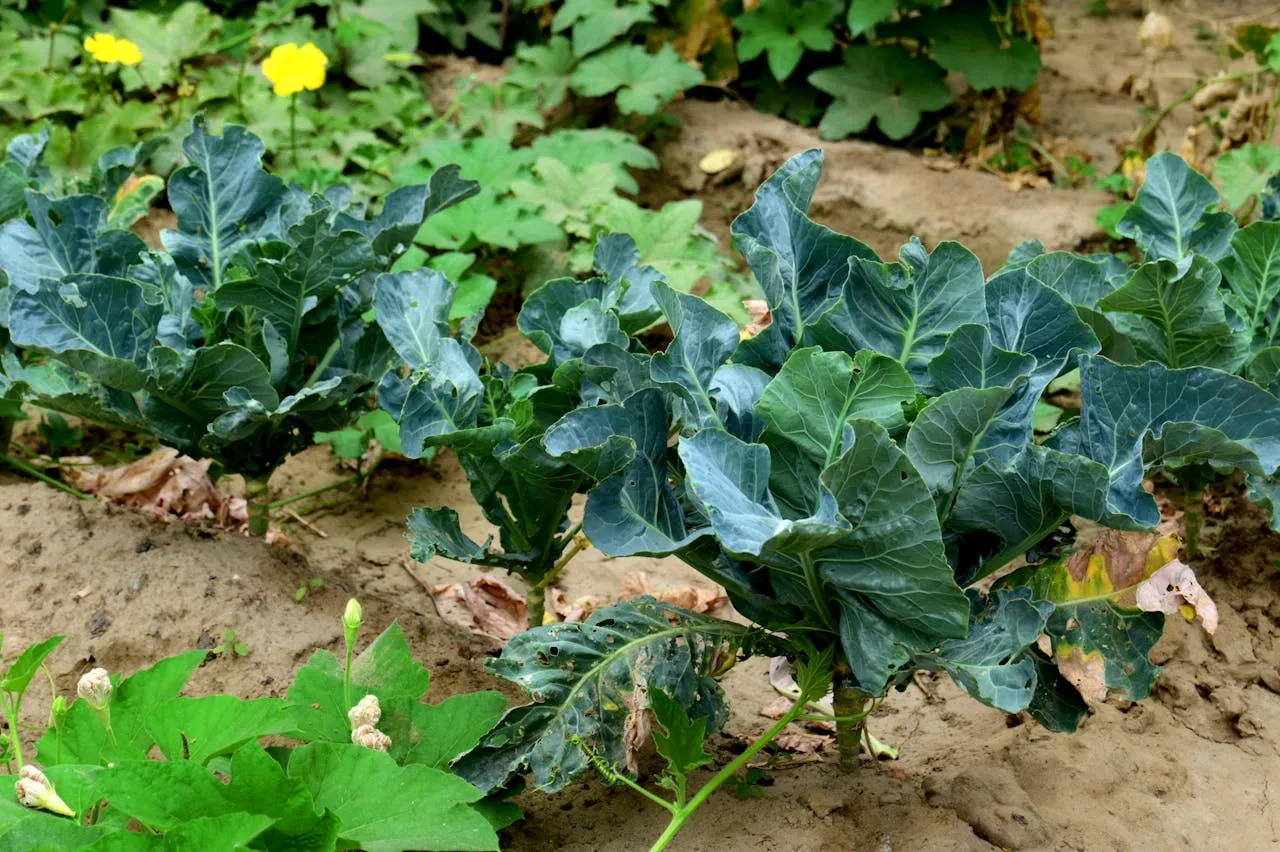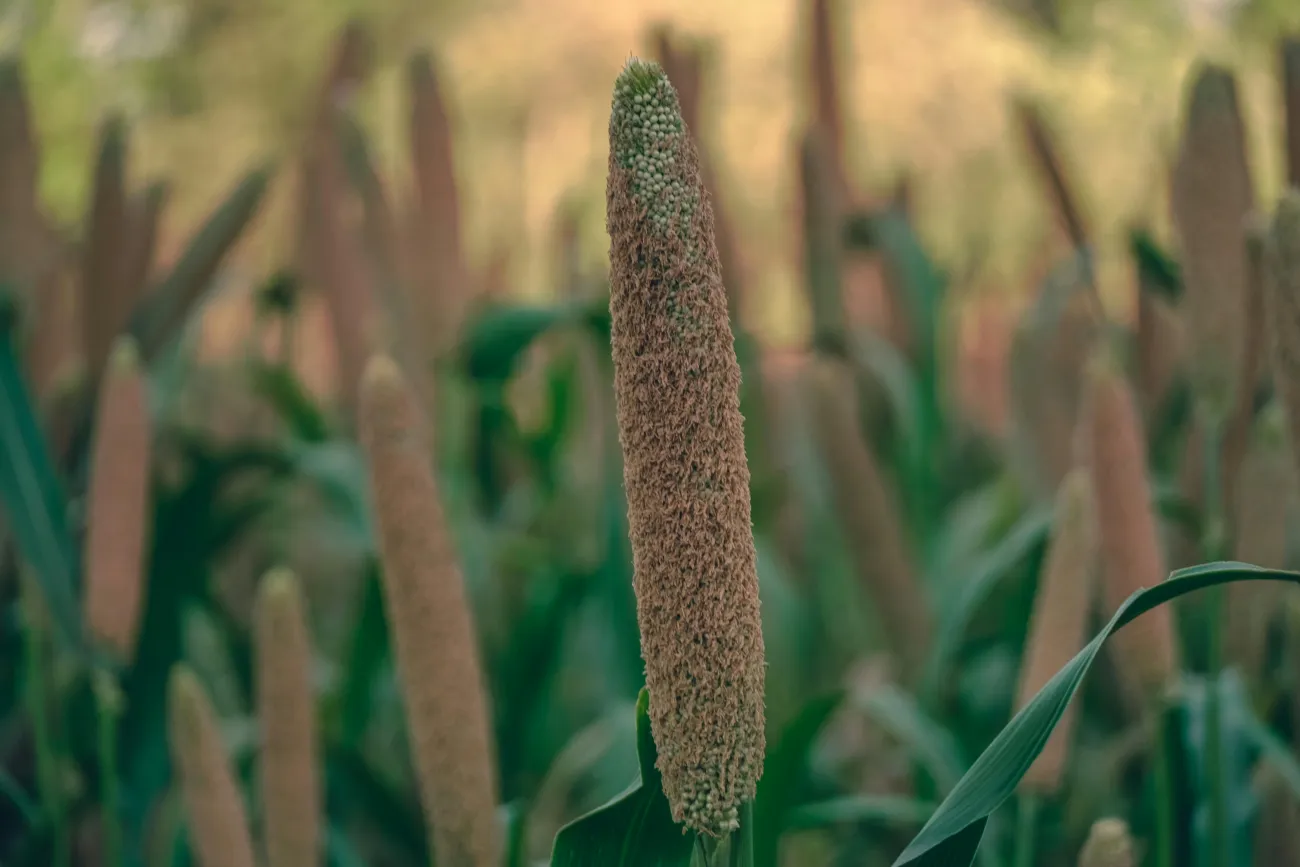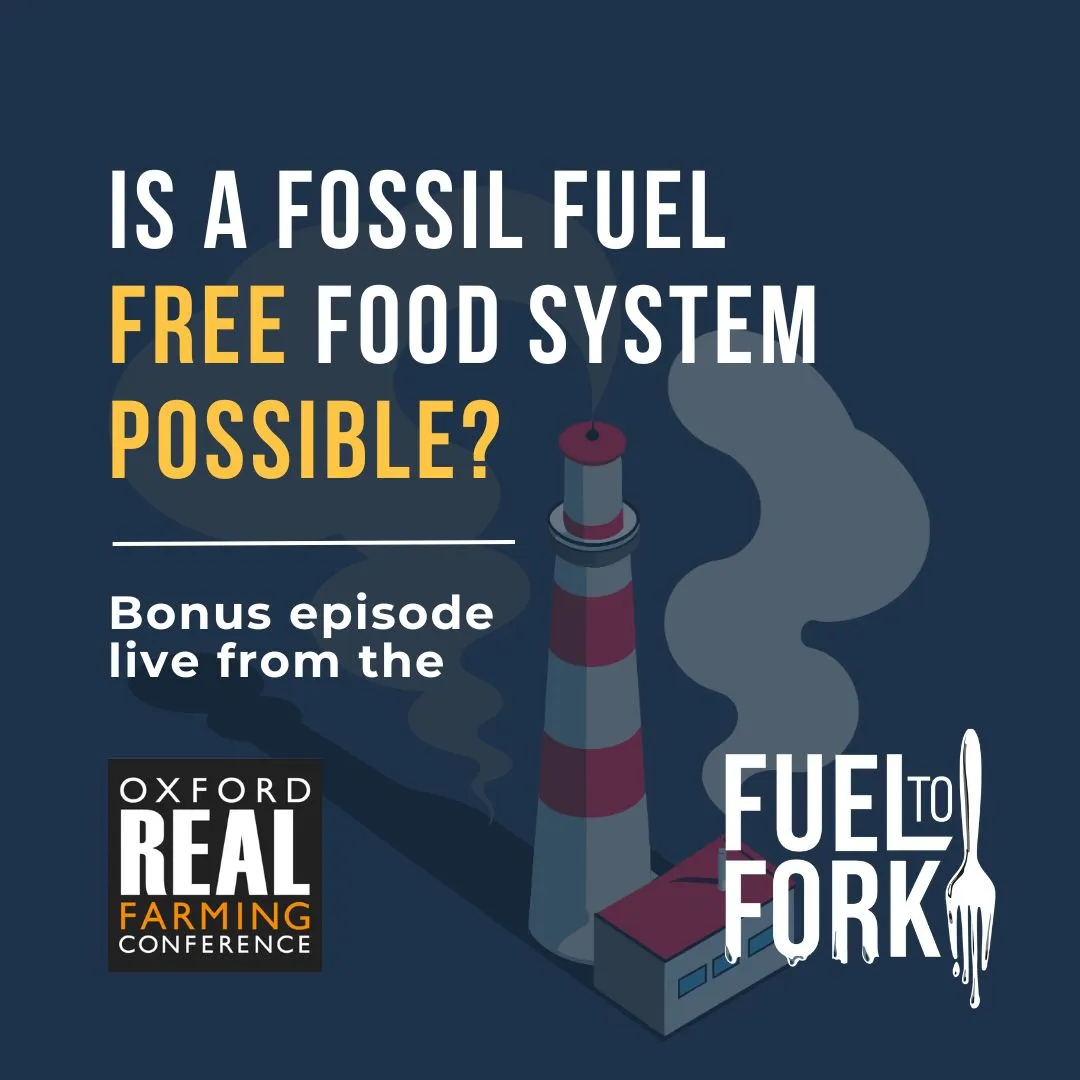Episode summary
Are food systems allies or enemies in the fight to save biodiversity? With our planet facing a biodiversity crisis, the answer depends on who you ask and what forms of life we prioritize. We speak with farmers, biophysical modelers, and biologists to explore whether producing food and conserving biodiversity can be achieved at the same time. We also discuss how our diets impact biodiversity, whether farming without soil can be better for biodiversity at large, and what it would take to effectively "shrink" the food system.
About the guests
Anna Lappé
Anna Lappé is an internationally recognized expert on food systems and the Executive Director of the Global Alliance for the Future of Food. A national bestselling writer, Anna is the co-author or author of three books on food, farming, and sustainability and the contributing author to, or featured in, 19 more. Her most recent book, named a Kirkus environmental book of the year, is Diet for a Hot Planet: The Climate Crisis at the End of Your Fork and What You Can Do About It (Bloomsbury 2012).
Biological Conservation: Worldwide decline of the entomofauna: A review of its drivers (Francisco Sánchez-Bayo and Kris A.G. Wyckhuys, 2019)
Listen to Should food systems be more natural?
Els Hegger
Els Hegger is a farmer and founder of Aardigh, a self-harvest farm in Zwiep, the Netherlands. She began farming and building social and ecological community in 2017. Els focuses on sustainable agriculture, promoting direct engagement with nature through self-harvesting. She encourages her community to take part in the entire process, from sowing to harvesting, emphasizing the importance of agroecology and a deeper connection to the land.
Learn more about Aardigh in the Netherlands
Silvia Quarta
Silvia Quarta is an Italian agronomist working at La Junquera farm in Murcia, Spain, one of Europe's largest regenerative agriculture projects. La Junquera focuses on restoring degraded land using techniques like agroforestry, holistic grazing, and soil regeneration to increase biodiversity and soil health. Silvia helps integrate local knowledge into the farm's practices while also running workshops to educate others on sustainable farming. Siliva coordinates Camp Altiplano, a site within La Junquera that works to reverse desertification by replanting native species and restoring the land through volunteer efforts.
Learn more at Camp Altiplano at La Junquera farm in Spain
Bernd Blossey
Bernd Blossey is an Associate Professor at Cornell University, where he directs the Ecology and Management of Invasive Plants Program. His research focuses on controlling invasive species like purple loosestrife, garlic mustard, and Phragmites using biological methods. Bernd’s work also investigates the impact of stressors like deer and earthworms on native ecosystems, aiming to develop conservation strategies. Originally from Germany, he transitioned from studying marine biology to ecology, where his interest in insect-plant interactions shaped much of his early career.
New York Times: Why we should bring back the buffalo (2023)
Listen to Can we eat enough white-tailed deer to restore forest ecosystems?
Adrian Müller
Adrian Müller is a senior scientist at the Research Institute of Organic Agriculture (FiBL) in Switzerland. His work focuses on sustainable food systems, agroecology, and the environmental impacts of organic agriculture. Adrian has published extensively on how organic farming can contribute to climate mitigation and biodiversity, as well as how changes in land use and agricultural practices can improve sustainability. He also contributes to projects that analyze food security and agricultural policy.
Learn more about FiBL and Adrian Müller's research



Comments (0)